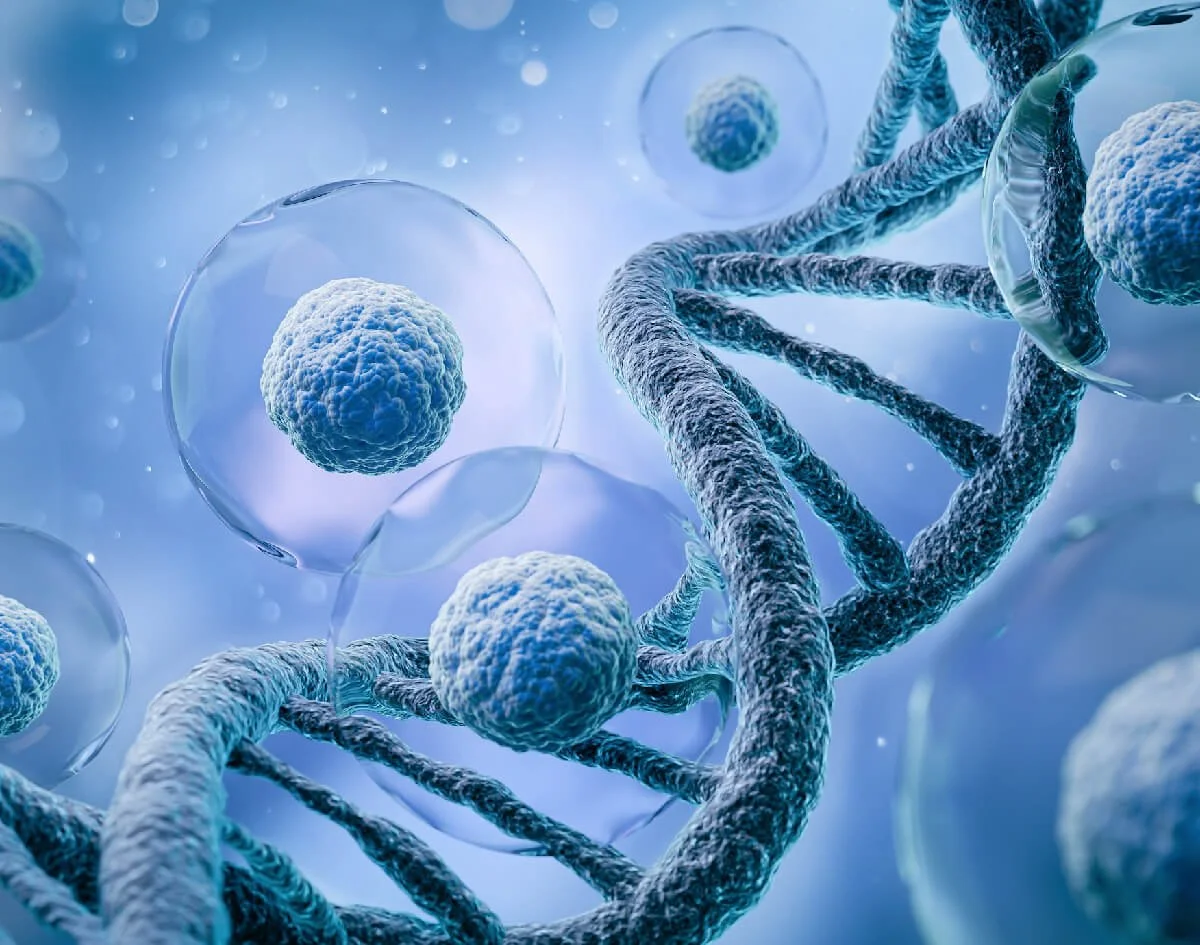
Recent Advances in the Application of Mesenchymal Stem Cell-Derived Exosomes for Cardiovascular and Neurodegenerative Disease Therapies
Exosomes are tiny particles that occur naturally in the body and are released and taken in by nearly all cells. They can move between cells and carry various substances related to their origin and function, such as proteins, lipids, and RNAs. Exosomes play a crucial role in cell communication, making them useful for delivering different types of drugs throughout the body. They are widespread in the circulatory system and can reach injury or disease sites by passing through biological barriers.Due to their unique structure and rich content, exosomes can be used for diagnosing and treating diseases. Exosomes derived from mesenchymal stem cells (MSCs-Exo) have the same functions as MSCs, like repairing and regenerating tissues, reducing inflammation, and regulating the immune system. This makes MSCs-Exo a natural drug delivery carrier with therapeutic effects, and they are increasingly used in treating cardiovascular and neurodegenerative diseases. In this article, we review the research progress of MSCs-Exo as drug delivery vehicles and their use in various drug deliveries, offering ideas and references for the study of MSCs-Exo in recent years.